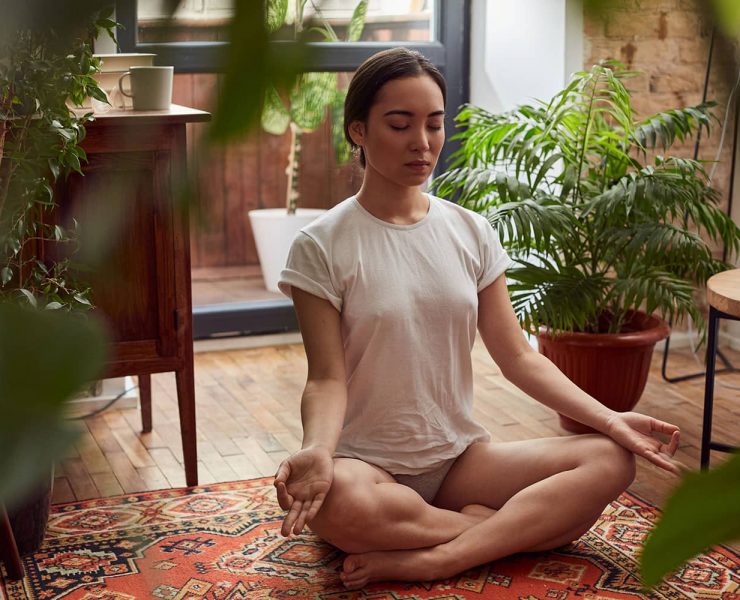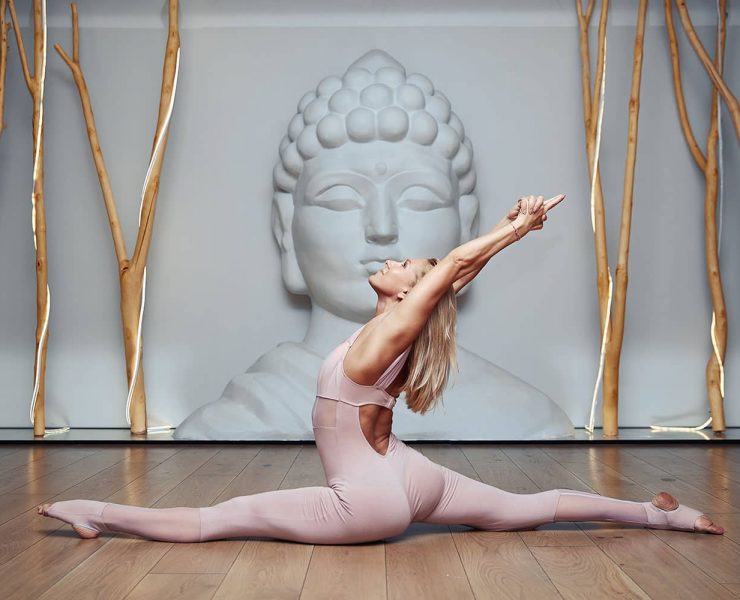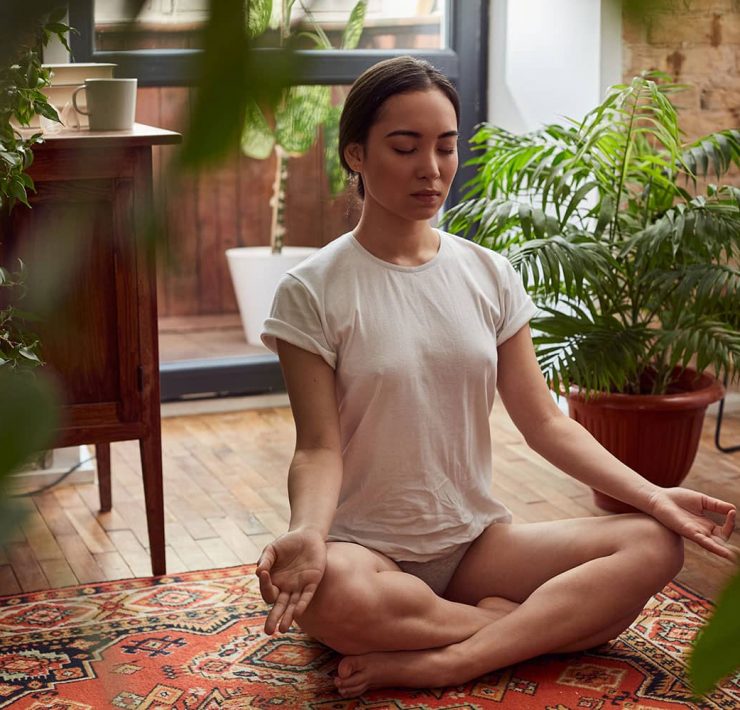
Susan views the world through a lens of spirituality, health,…
Meditation is being pushed as the solution to most modern-day stresses. This ancient practice is being modernized with smartphone apps, guided recordings, and group retreats in order to help you get in touch with your inner peace.
If you’re still on the fence if meditation is for you, here are all the benefits you can get from it. Some benefits you’ll feel immediately while others only get better the longer and more regularly you practice meditation.
Research shows that the feel-good effects of meditation aren’t just psychological either. Meditation can rewire your brain and create new neural pathways that open up a whole new way of thinking for you.
What is Meditation
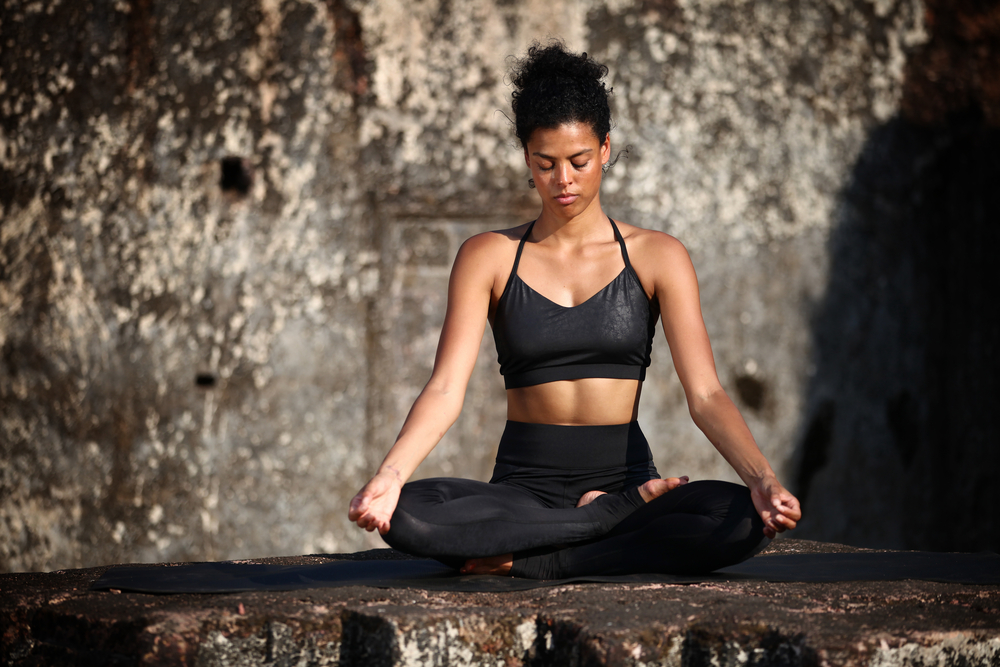
Meditation happens when you reach a state of deep inner peace. You can practice meditation through different techniques, but according to the traditional yogic philosophy, you won’t actually be meditating until you are meditating.
As recorded in the Yoga Sutras compiled by the mythical sage, Patanjali, meditation cannot be achieved through concentration or reliance on an external force. Meditation happens from within when one has surrendered to Atman, or to your true Self which is one with the universal consciousness.
Swami Krishnananda explained that Patanjali summarized what meditation is in one verse:
3.44 bahiḥ akalpitā vṛttiḥ mahāvidehā tataḥ prakāśa āvaraṇakṣayaḥ
When the formless thought patterns of the mind are projected outside of the body, it is called maha-videha, a great disincarnate one. By samyama on that outward projection, the veil over the spiritual light is removed.
Samyama is the simultaneous practice of Dharana (concentration), Dhyana (meditation), and Samadhi (union).
The Difference Between Mindfulness and Meditation

Mindfulness meditation is being marketed as a secular and even non-spiritual meditation practice. It stemmed from meditation practices of India and Buddhism and today, there is much overlap between those who practice mindfulness and modern postural yoga.
Jon Kabat-Zinn is one of the figures who helped promote mindfulness in the west. He studied with several Buddhist teachers, including Thich Nhat Hanh. From this, he developed his free online program called Mindfulness-Based Stress Reduction.
In addition to Kabat-Zinn’s contributions, the Insight Meditation Society (IMS) founded in 1975 also helped mindfulness gain acceptance popularity for western, linear-thinking minds.
Mindfulness has also made an impact on the world of Positive Psychology. However, in the strictest sense of the word, mindfulness is a technique that anyone can practice anywhere. Whereas meditation is a state that can be achieved only after dedicated sadhana (spiritual practice).
Popular Schools/Styles of Meditation
Many schools and traditions have developed to aid people reach the state of meditation.
Transcendental Meditation (TM)
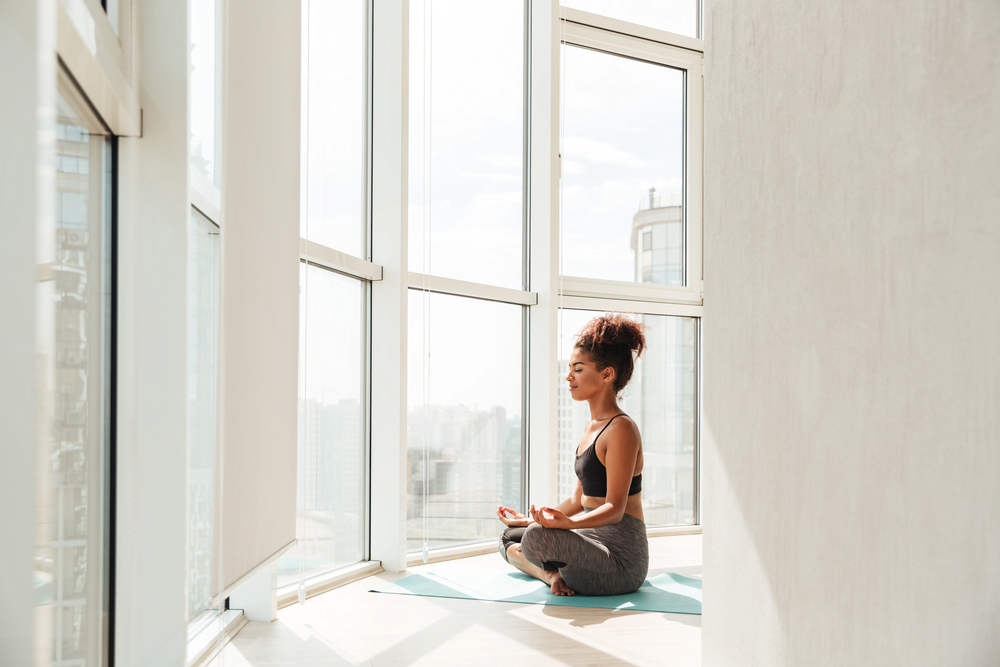
This tradition was founded by Maharishi Mahesh Yogi, who also became known as “The Beatles Guru” since the Fab Four followed him to India to live and learn from him.
The TM technique is taught by certified teachers around the world. It consists of closed eyes, seated meditation on a secret bija, or seed syllable mantra, which you repeat silently twice a day for 20 minutes.
Popular Transcendental Meditators in the west include Russel Brand, David Lynch, Jennifer Aniston, Kristen Bell, and Hugh Jackman.
Vipassana Meditation

Vipassana Meditation is also called “Insight Meditation.” It follows the Buddhist teaching that suffering can be eliminated once you know yourself. The technique follows the tradition of Sayagyi U Ba Khin, who was the teacher of S.N. Goenka.
Vipassana is taught at 10-day courses or retreats at centers all over the world. During this time, a Code of Discipline is expected from participants. Most people know Vipassana for the practice Noble Silence where all forms of communication, including speaking, writing, or gestures, are avoided except with retreat facilitators in emergencies.
Reading, playing music, exercising, socializing, and other forms of distraction from being completely with yourself are also discouraged.
Japa Mala Meditation

Japa Mala Meditation is becoming popular with the re-emergence of mala beads as fashion accessories for yoga practitioners.
Traditional Japa Malas are made from Rudraksha seeds as beads. These seeds are believed to be the tears of Shiva, the god who personifies Pure Consciousness.
To meditate with a mala, you hold it in one hand and focus on one bead at a time. Say a mantra, usually a Sanskrit word or phrase – but it can be any positive intention for yourself. Once you have said the mantra, either mentally or out loud, you move on to the next bead.
Most malas are made of 108 beads, which is an auspicious number to Hindus and Buddhists, as well as other eastern traditions. But other groupings are also accepted for Japa Mala Meditation.
Guided Meditation
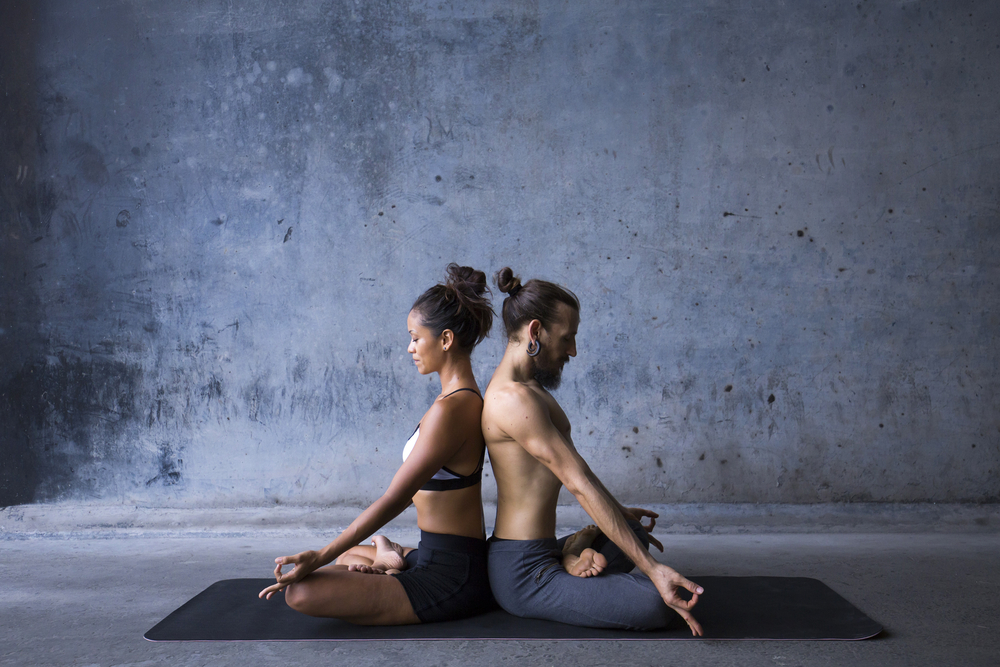
Guided Meditation is a practice that helps you relax by concentrating on another person’s voice. It has gained popularity due to technologies like streaming videos and smartphone apps. Even celebrities are lending their voices for guided meditation.
There are two types of guided meditations. The first helps you to relax by replacing unpleasant thoughts and sensations with soothing imagery and even nature sounds and meditation music as backing tracks. Some will also include imagery to help the illusion.
Other types of guided meditations follow the technique of mindfulness. The instructions given are meant to help you stay anchored in the present moment. It does not aim to replace your “monkey mind” with other, more pleasant thoughts, but allows you to stay with yourself as you are. And this naturally leads to relaxation and peacefulness.
The Benefits of Meditation

Numerous studies have been conducted which prove how meditation rewires your brain to make you more productive, focused, stress-free, creative, and happy.
This is because of neuroplasticity. When you go about your life with certain routines, it strengthens neural pathways to make those habits stick even without you thinking about them.
But with a regular meditation practice, other areas of your brain will light up. New neural pathways will form and, once you’re able to stay more present, old pathways to habits that you want to break will weaken.
Here are 20 more reasons you should start meditating for your mental health and general well-being:
20 Reasons to Start Meditating
- Stress Relief
Stress is one of the top reasons why people take up a meditation practice. Many corporate offices are starting to offer meditation classes or meditation rooms for their employees to deal with stress.
Studies show that meditation can also help alleviate the symptoms of other conditions that are heightened by stress.
- Reduces Anxiety
Research conducted at Harvard shows that meditation helps you forget bad incidents from the past and give you a freshness for the present.
- Better Sleep
Different types of meditation may help with insomnia. It is especially well-received for those who cannot afford or cannot access other types of therapy or medication.
One of the reasons why meditation works for better sleep is because it sparks the body’s relaxation response which is exactly the opposite of the stress response.
- Pain Reduction
Researchers have found that mindfulness meditation is effective for treating chronic pain without engaging the opioid receptors in the brain. This means that you can effectively treat pain without reliance on chemical drugs and medication.
- Lowers High Blood Pressure
The American Heart Association issued a statement supporting numerous studies that showed that meditation can modestly lower blood pressure. Most of the studies involved the techniques of Transcendental Meditation and Mindfulness Meditation.
- Increases Focus and Attention Span
It is estimated that people are lost in thought 47 percent of the time. Dwelling on the past causes sadness and worrying about the future causes stress and anxiety. But meditation can help you concentrate by being in the present through different techniques.
- Promotes Creative and Out-of-the-Box Thinking
Meditation has been shown to reduce the reactivity of the reptilian brain to increase resilience, and increase activity in the neocortex. This is the part of the brain concerned with problem-solving, creative thinking, visioning, and hypothesizing.
- Relief from Depression Symptoms
A Canadian study published in 2019 showed that certain types of meditation reduced the need for clinical depression patients for pharmaceuticals and even helped them go into remission.
- Increased Memory Retention
Researchers from the University of California found that undergraduates who were tasked to incorporate 45 minutes of mindfulness meditation for two weeks scored significantly better at Graduate Record Examinations after the practice.
- Personality and Self-Development
Meditation is sometimes described as a nutritional supplement for the mind. Many people start meditation because of its positive affirmations or to discover their life’s purpose.
- Boosts Confidence and Diminishes Victim Mentality
Meditation can boost mental toughness. Studies show that it helps train you to be present and in the moment without getting caught up in emotions.
- Fosters Feelings of Bliss and Lightness
Meditating helps you manage difficult emotions by being present with them. This may sound counter-intuitive but when you make friends with all your emotions, you understand them and yourself better.
- Helps in Decision-Making / More Conscious Choices
Taking short breaks to meditate can help you make better decisions precisely because it helps you stay in the present rather than worry about the past which cannot be changed and the uncertainties of the future.
- Improves Exercise
Because meditation can improve heart health by reducing blood pressure, it also helps the way you exercise. In addition, it helps put you in the right mental state which your body needs to maximize physical stamina for exercise.
- Generates Compassion and Helpfulness
Compassion Meditation, also called Karuna Meditation, is a technique rooted in Buddhist tradition. It flexes your compassion muscle. It helps dissolve self-centeredness and sympathize with others.
- Promotes Cellular Regeneration and Healing
The yogic tradition believes that mantra meditation alters the molecular structure of your DNA. Modern studies support this by showing that regular, long-term meditation can shift gene expression and boost mood. This helps boost immunity and healing and lead to healthier aging.
- No Need for Fancy Equipment – You Can Meditate Anywhere
Nothing can be simpler than starting a meditation practice. All extra tools like malas, cushions, or imagery are optional. All you really need to practice meditation is yourself.
- Enhances Collaboration and Cooperation
Collaboration skills are needed for every job and industry. Because meditation enhances compassion, it naturally leads to being able to work with others better in a team environment.
- Increases Patience
Meditation requires patience to practice. But it also increases patience the more often you do it.
- Improves Digestion
Meditation supports gut health. Many don’t realize how unresolved stress influences your digestion. This is because when the body is under stress, it is constantly in fight-flight-flee mode. This leaves less energy for proper digestion. Meditation breaks you out of that mode and into rest and digest.
Tools to help meditation
To help you get started with your meditation practice, here are some tools you can use to keep you focused and dedicated to keep meditation part of your daily routine.
Mala
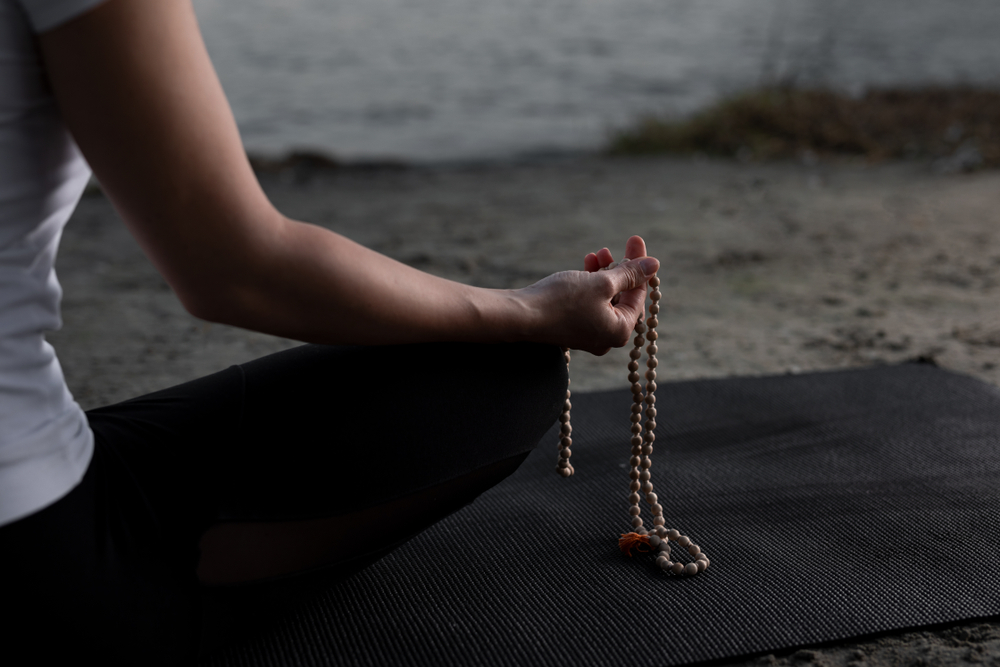
Malas are useful, portable, meditation aids that have been used since ancient times. They do not require any special training, electricity, or equipment to use. They are strings of beads, usually 108 in total, which help you to focus on a chosen, or given, mantra, one bead at a time.
Many spiritual traditions have adopted the use of prayer or meditation beads which show their universal appeal, influence, and convenience.
Phone Apps
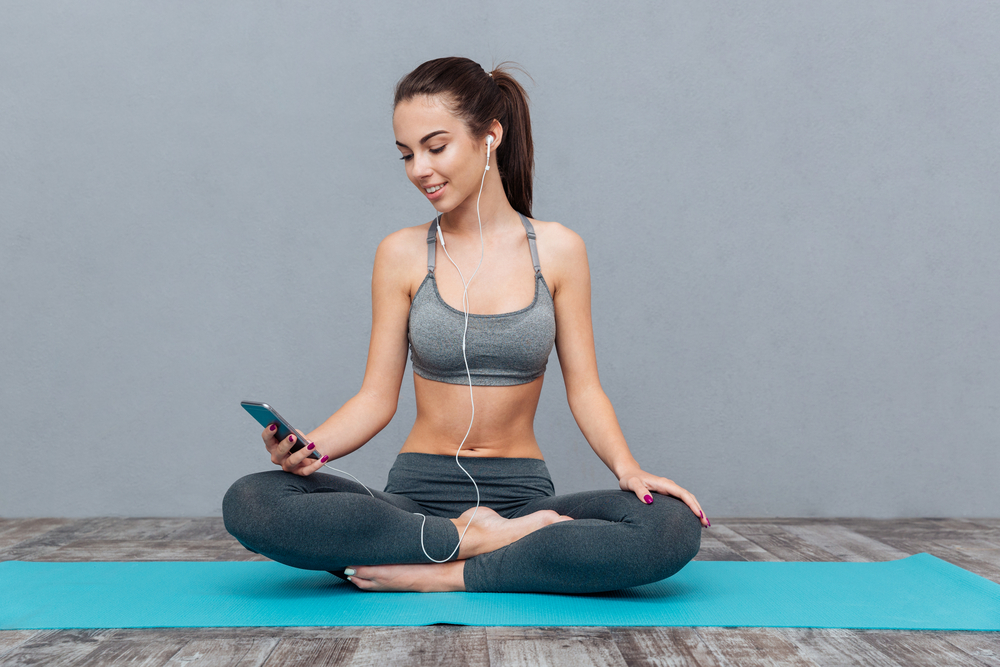
Not many people have time to go to a guided meditation class with a teacher, but almost everyone has a smartphone. There are numerous meditation apps available for Android and Apple devices.
The most popular meditation apps are Calm, Headspace, and Insight Timer. Some meditation apps are specialized for people of color, like Liberate Meditation. Other apps, like Breathe, Think, Do with Sesame are designed to get children started with a meditation habit.
These apps feature free guided meditations and will allow you to upgrade to access meditation subscriptions and other features.
What makes smartphone meditation apps so simple to use is you can listen to a guided meditation during a break during your day, during your commute to or from work, or any time you have a few moments to yourself. You just need headphones and your phone.
YouTube Videos
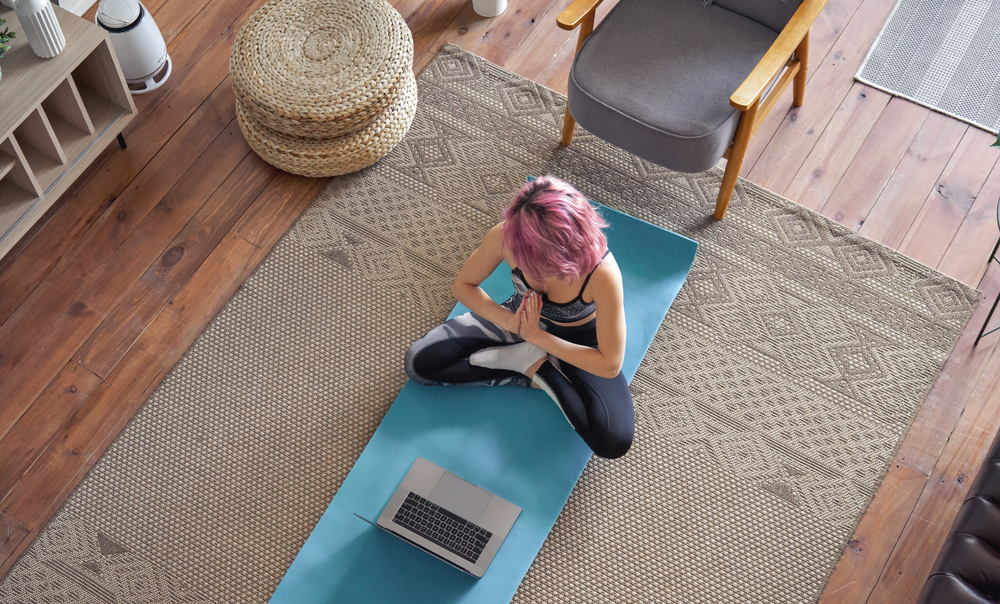
YouTube Yoga hit an all-time high during the global pandemic. Many turned to the free video streaming service to find activities to stay active and healthy even while under lockdown.
Yoga asana classes weren’t the only videos being viewed. Guided meditations also received hits.
Conclusion

Meditation has many scientifically proven benefits. And many tools are now available for you to easily jump into starting a meditation practice. While there are many traditions and lineages of meditation that you can learn from, it can also begin by simply sitting somewhere quiet for a few minutes everyday to focus on yourself.
What's Your Reaction?
Susan views the world through a lens of spirituality, health, and compassion. Her positive outlook on life shines through her writing, which is heavily focused on yogic living, meditation, and conscious eating.

